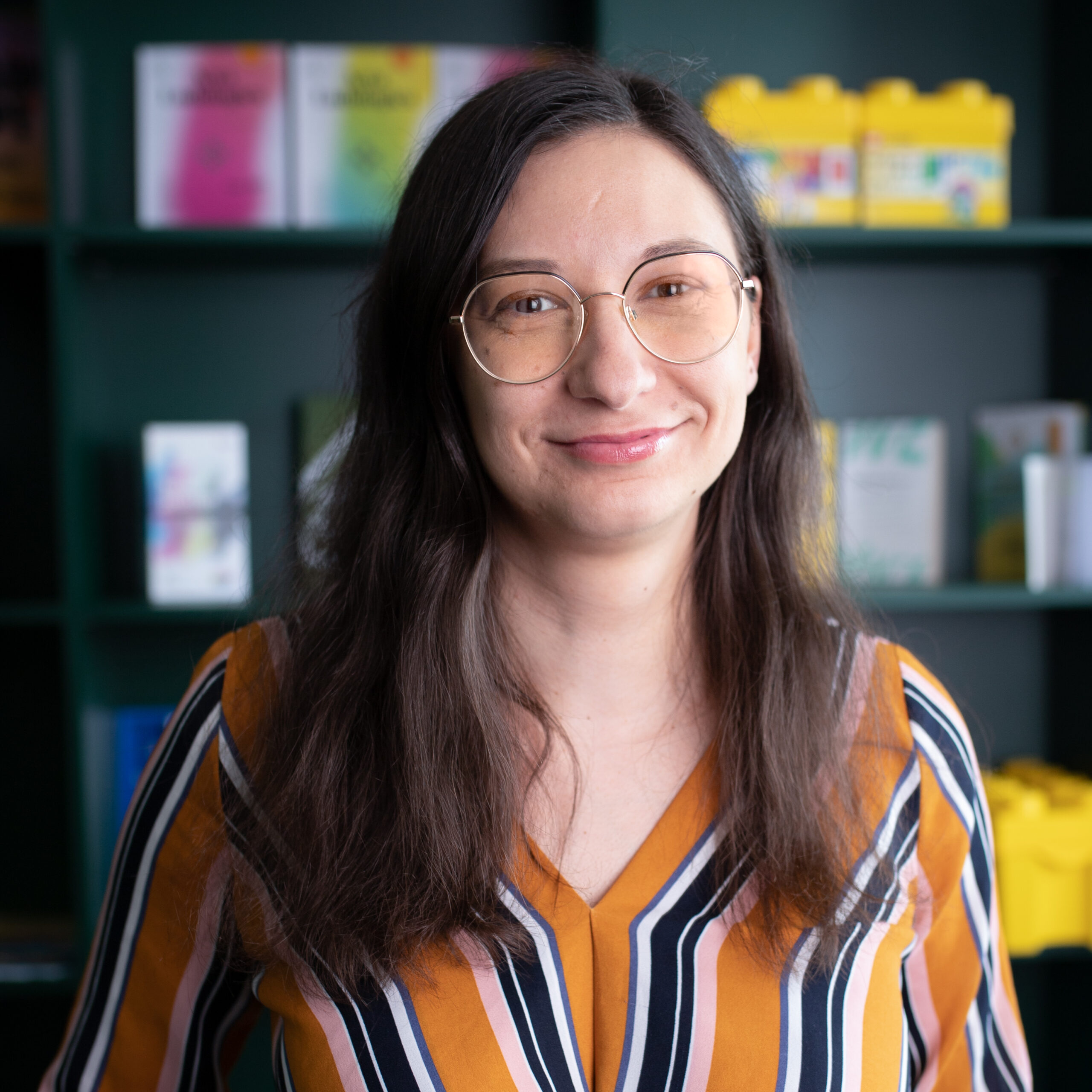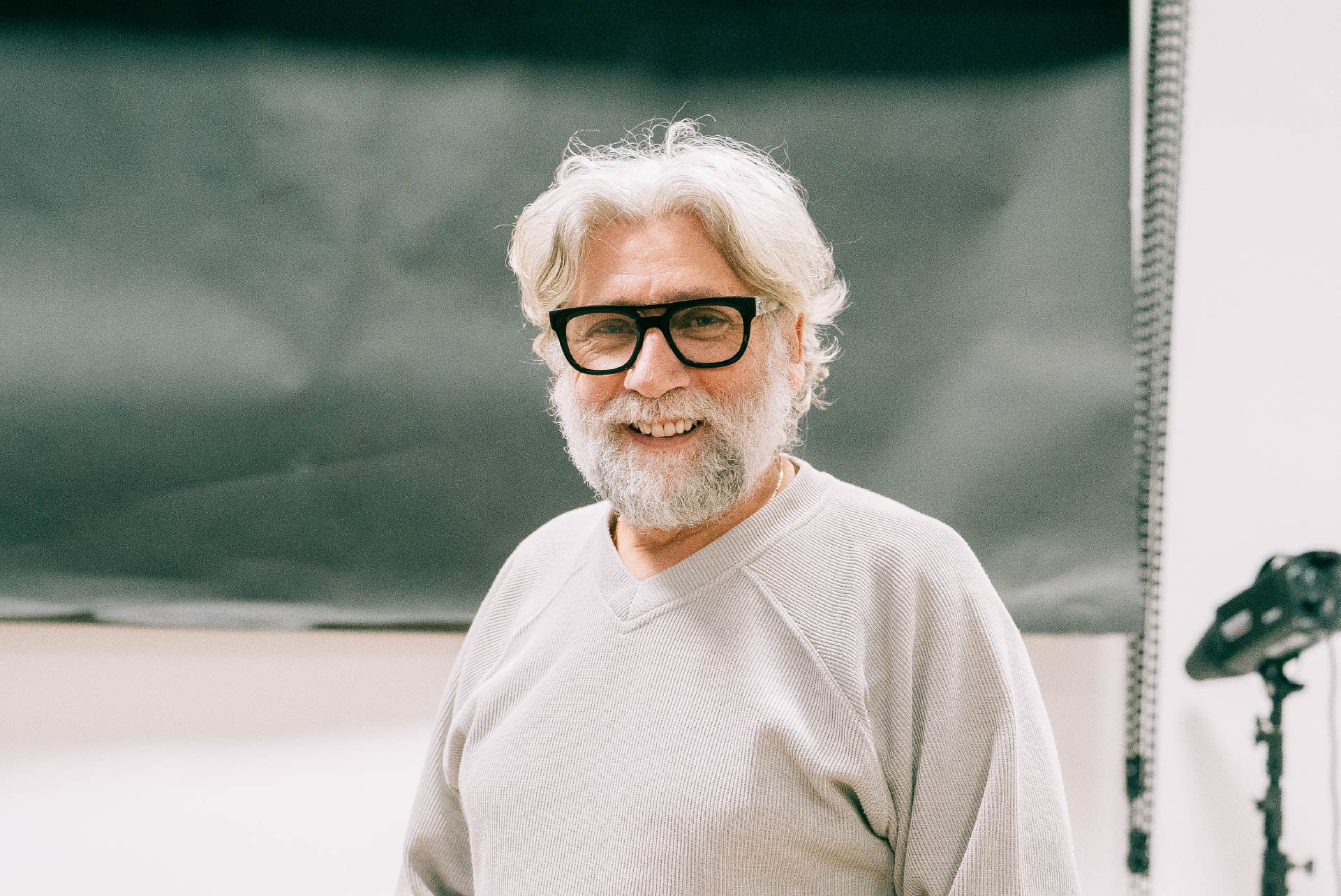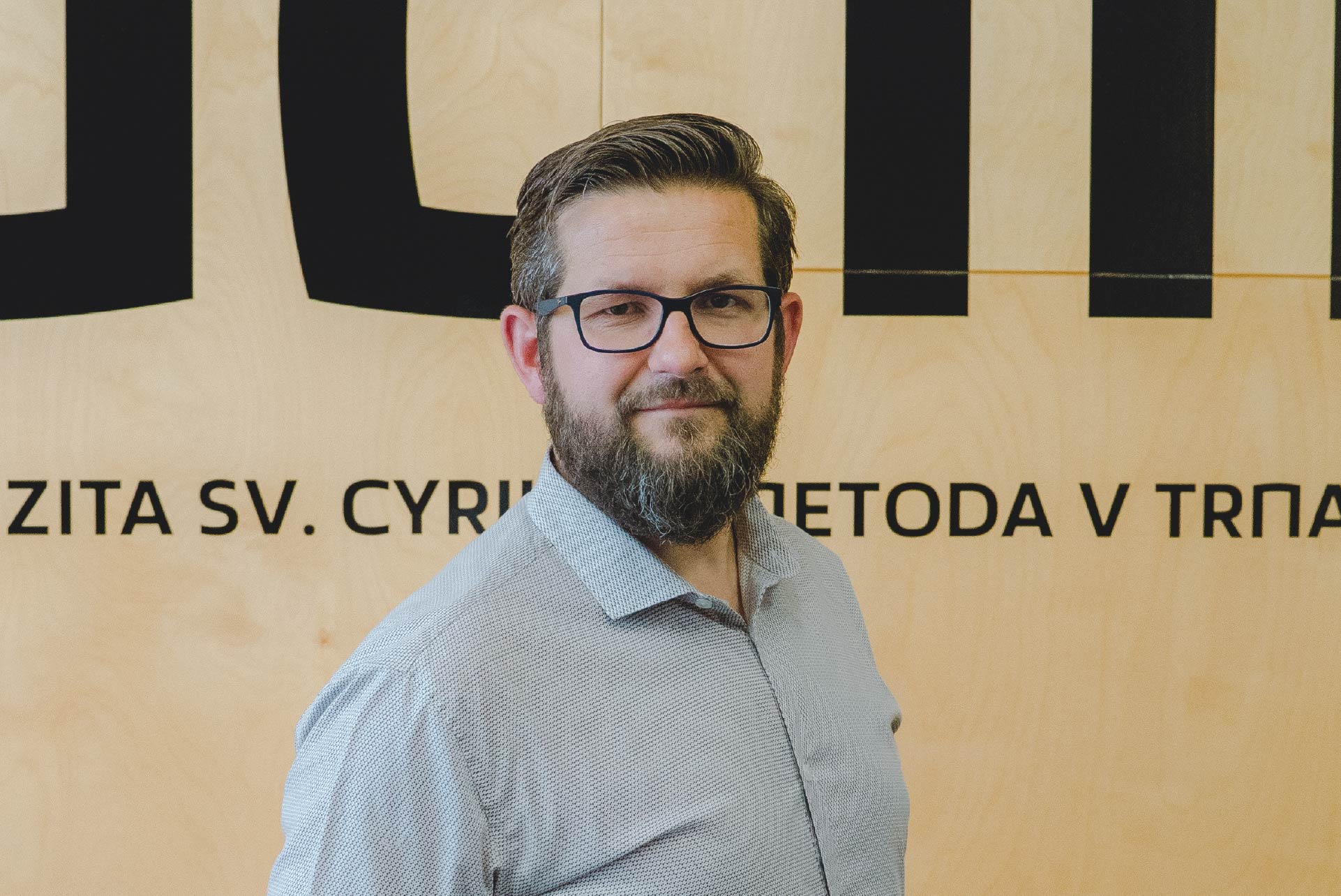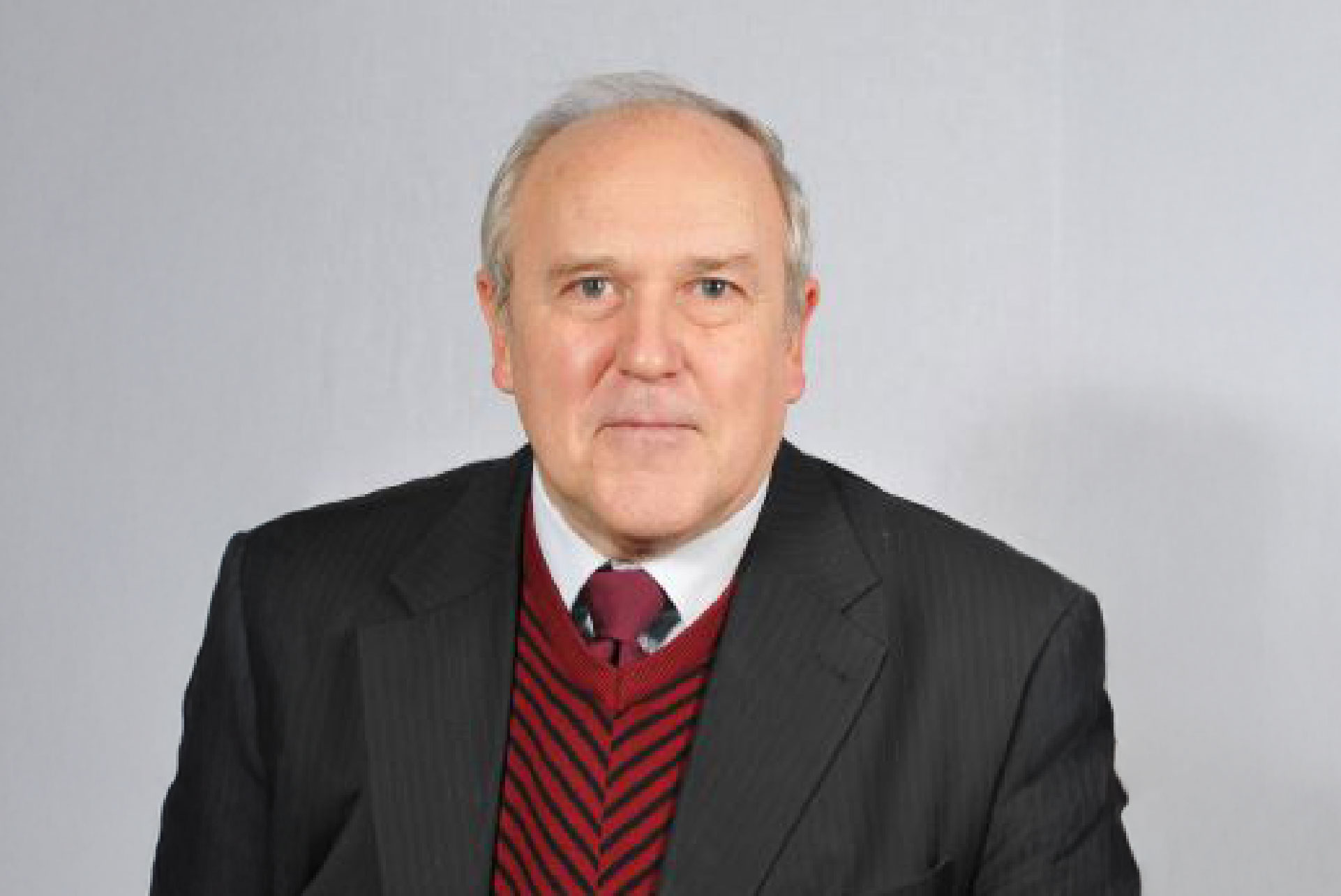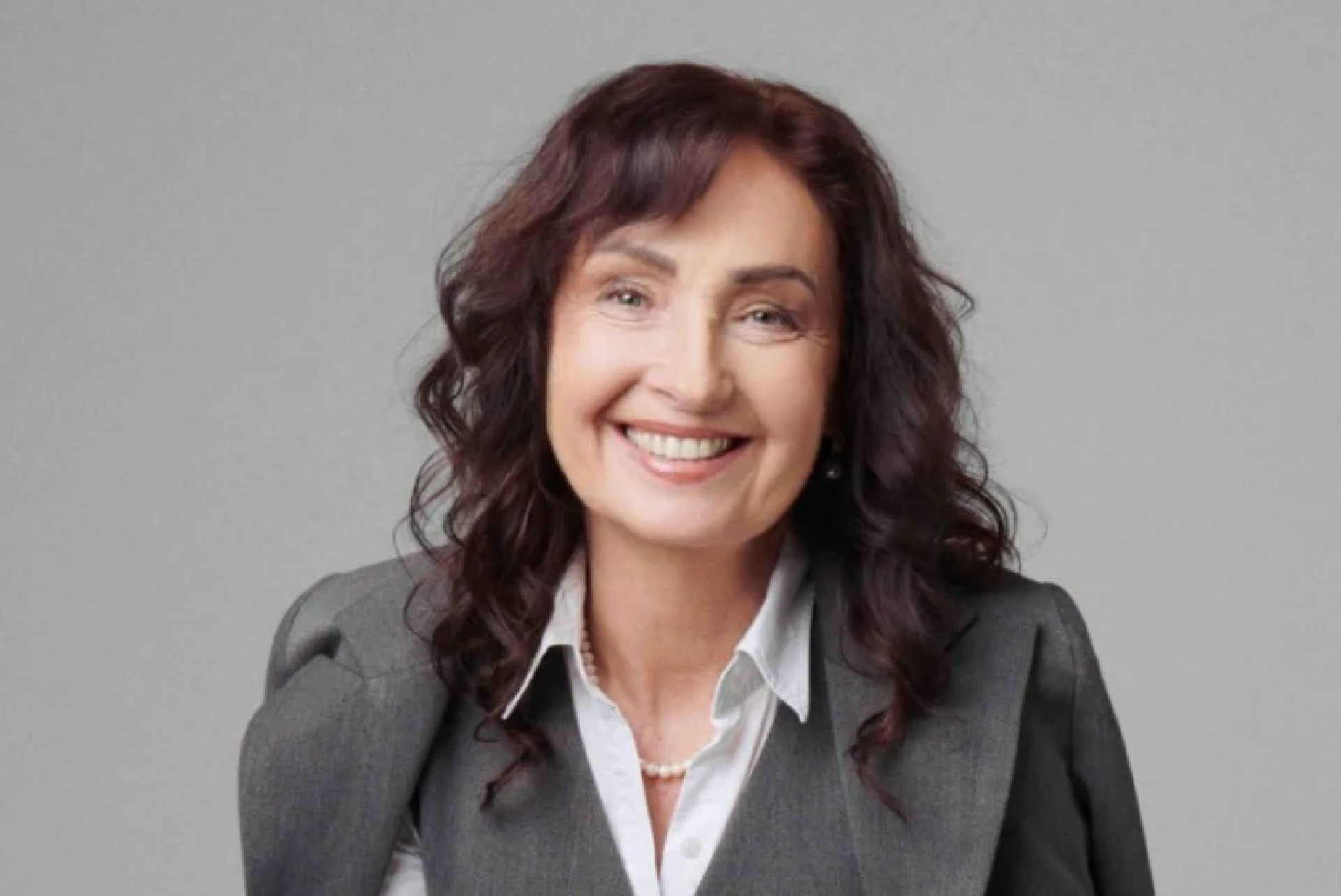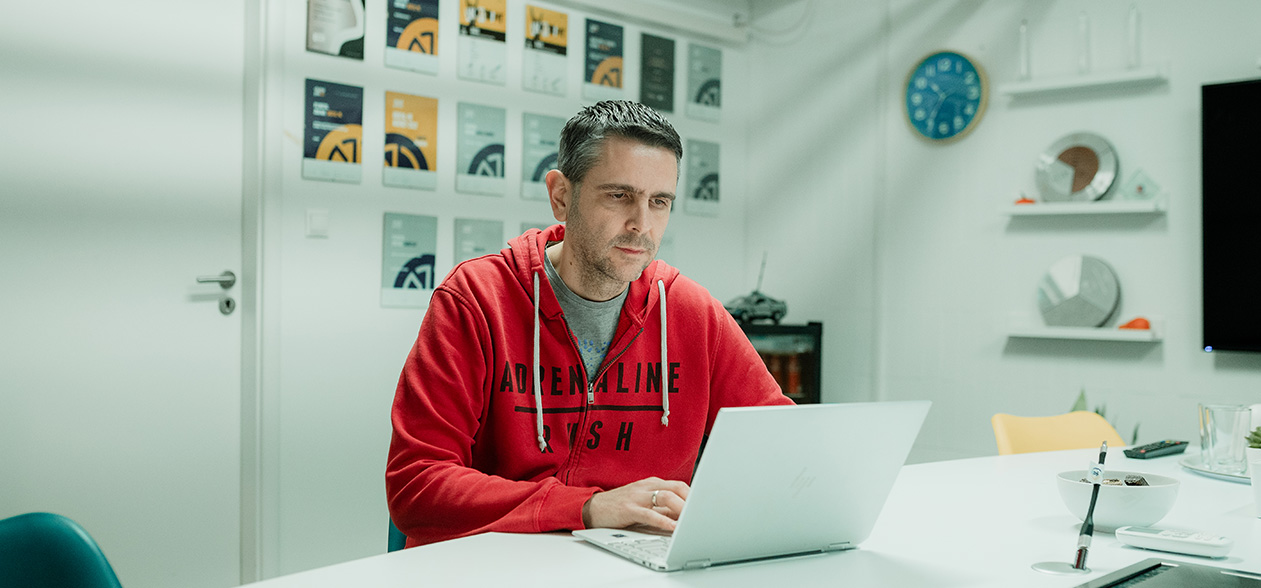
External lecturer Peter Šebo teaches marketing: the more theory is complemented by practice, the better students will apply themselves
She teaches the subject of marketing communication strategies at FMK, drawing on her many years of experience. He is the founder and Chief Digital Officer of a digital agency PS:Digital. With 15 years of experience in digital marketing, she specializes in social media strategies, content marketing and innovative digital solutions. He is also a conference organizer Marketing Rulezz, which focuses on the latest trends in digital marketing and technology.
In the interview you will learn:
Why it is important to educate parents on digital and media literacy;
What are the main differences between agency and client work; and Who is better suited to a dynamic agency environment;
Why colleges should combine theory and practice more; and How the way marketing is taught is changing;
What is the key to a successful marketing campaign and why data and creativity are essential for effective advertising.
In addition to everything you do, I was very interested in your podcast Digital Parents. Why did you decide to focus on the topic of educating parents on digital and media literacy?
Basically, because this field connects my professional and personal life. I am a digital marketer and a parent of three children and I see big gaps in this area. Parents and teachers are often lost, while children have a technological edge and can cope with the digital world much better.
That's why my colleague and friend, Barbora Okrúhľanská from Košice, and I decided to create the Digital Parents project. It is based on a podcast that comes out every week for free and covers a variety of topics. In addition, we do lectures at schools, mostly for parents and teachers, and speak at educational conferences. We even recently developed a conversation game to help families and classes better discuss these topics.
The project allows us to combine professional expertise with personal experience while responding to issues we've both been working on for a long time - just without a single name. Two years ago we gave it a form, gave it a name and today it is a separate project.
You deal with a wide range of topics, but do you have a particular area that you focus on the most?
We cover everything related to screen time - whether it's on a smartphone, laptop or tablet. These are exactly the issues that parents deal with on a daily basis. Each topic is specific. For example, parents of young children are concerned about when to put a smartphone in their hands. If you have a teenager at home, the question is more about how to get him away from that cell phone.
Solutions also differ depending on whether you have a boy or a girl. That's why each episode covers a different part of the digital world and its impact on parenting. Our goal is to help parents and teachers be good guides in their children's digital world. After all, everyone knows what children should eat, that they should move and do their homework. But few parents know how to guide children in their online lives.
"Few parents know how to guide children in their online lives."
As you've been covering this topic for longer, do you see any improvement in awareness among parents and teachers?
Someone recently asked me if we have managed to make a difference. I told them to ask me in 10 years' time. For now, we are just building awareness. Parents are starting to realise that there is an opportunity for education and help in this area as well. The enlightened ones will get help, but a large proportion of parents still think they can do it themselves. And some just give up on it, which is a great pity.
It's good that you are targeting parents, because most of the projects mainly deal with children.
Exactly. Everyone worries about the children, but few realize that children learn by example. What do they see in parents? A cell phone in their hand from morning till night. Parents are on the phone, texting or tapping away on the computer at dinner, yet they want their children not to have these habits. But how can they be good role models for their children?
Many parents may not even know how to set rules for children in the digital world. How would you advise them to approach this topic?
It's all about balance. We cannot completely ban children from technology, just as we cannot give them unlimited access. The right way is to find a measure that is useful, or at least harmless, for children. Technology should serve them, not the other way around. We like to use the example of eating - every parent knows what is healthy for the child and what is not. But with the digital world, it's much more complicated. Parents often don't have the experience of technology themselves to know what to ban and what to allow. That's why we say that total prohibition is just as harmful as total freedom. The aim is to find a compromise while protecting children from risks.
That is a reasonable approach. Speaking of the digital world, what is your experience of how parents understand marketing or advertising, for example, especially in the online space?
Most parents don't understand marketing, nor can we expect them to. Ordinary people see advertising as a necessary evil that distracts them at the movies or on the Internet. Our job as marketers is to at least make advertising useful, entertaining or educational. When it is neither, it should at least offer customers a good product or service.
Being a parent myself, I see that kids today are very good at knowing when an influencer is saying something from the heart and when they are promoting a brand. The young have more sensitivity in this than generations before them. That's why it would be great if media literacy was given more attention in schools. It is an important topic not only for parents but also for children.

You also talk about ethics in marketing. Do you think that today's advertising is ethical enough?
Honestly, I have no illusions about our profession, although I love it. Our responsibility is to tell the truth and offer the best to our customers within the client's brief. However, we always make sure that the advertisement is not misleading and that it fulfills the purpose for which it was created.
Of course, there are limits beyond which we would not go. For example, we avoid political campaigns or projects that can lead to addictions. On the other hand, advertising can be fun, creative, even a little provocative. But that doesn't mean we should consciously mislead customers or sell something that doesn't work. In those cases, I would step in and say we're not going to do it.
What do you think a good advertising campaign should do to be successful?
The basics are data. If we have data about the target audience, we can better understand what works for them. For me, data is essential because it helps us make decisions based on facts, not just feelings. For example, when we did a campaign for a bank targeting youth, we called in 15-year-old classmates of a colleague of ours. They immediately explained to us that we were completely wrong.
The second important thing is creativity. The ad has to stand out so that people remember it. That doesn't mean it always has to be funny or shocking. It just needs to be unique - it can be quiet, poignant or quite simple, but it needs to be engaging. The worst advert is one that no one remembers and so no one buys the product.
"Ordinary people see advertising as a necessary evil to distract them at the movies or on the Internet."
On the other hand, it's not just about advertising, but price, product packaging and so on also matter when making a buying decision. Do you also think about these things in PS: Digital or not?
Ironically, this is what my first lecture on the Marketing Communication Strategies course is about. Here I tell the students that we, marketers, are one quarter of the marketing mix, which consists of the four P's - product, price, placement and promotion. We're just that last one, and we only do digital, so we're only half of a quarter. As a result, we can only influence one-eighth of how a person makes a decision at the end of the day.
If a client has the wrong pricing, no one is going to buy the product just because we put a joke in the ad. If that same client doesn't have distribution sorted out, then customers won't travel 40 kilometres to buy that item just because of a creative ad. They'd rather buy a similar thing they have under their house. If the client has invented a thing that nobody is interested in, it doesn't matter how good the advertising is. If such a client comes to me who hasn't finished the product, I know how to turn them down. I'll tell him that I'd just spent his money and that he'll be even angrier with us. Good advertising rarely creates blind demand for something that is not well thought out.
You mentioned our student body, which is Generation Z. Do you like teaching them? From various sources, we sometimes hear criticism of Zetcars that they are harder to work with because they don't want to take advice and only work within their own limits.
I don't have those feelings at all. I don't know exactly how long I've been teaching at FMK, but it's been about 5 to 7 years, and I feel that the level of students is improving. Of course, I hear it everywhere that these kids are getting worse and worse every year and they're just staring at their cell phones, not respecting anything and not listening to anybody. But I do not have that feeling at all.
I think it's such a mental shortcut, and I don't want to offend anybody here, for teachers and also parents who are not willing to adapt to the times. They think that everything is going to be like it was 30 years ago when they started teaching, and that everybody's going to buy their scripts and they're going to cram at home. They have the idea that everybody is going to be interested in the fact that he is sitting there at the desk reading from some presentation and that these kids are transcribing it into their notebooks. We don't live in that era anymore.
Today, children need information processed audiovisually. I have a presentation prepared for the students after every single topic and I share it with them. I call guests from my practice for classes and when asked if I will write scripts, I have long answered that I won't. If I did write them, I would have to publish new ones next year because the world moves so terribly fast and a third of the information would no longer be valid. It would be totally wasted work and wasted student money.
"If I wrote scripts this year, I would have to publish new ones next year because a third of the information would no longer be valid."
That was your answer to my other question, that what would you change about universities.
You know what, it's a great question and I'm going to answer it because everything I would change in higher education, I'm realistically doing. I'm extremely grateful to FMK for actually pulling me into the teaching process years ago and allowing me to be an external lecturer. I teach in a way that is best for the students and for their outcomes. Of course, I am not part of the deliberations and academic stuff, but I run this subject in my own image and experience. Every lecture I give is also theoretical, but then I have examples of how the theory is applied in real life and practice.
I also have at least 10 guests over two semesters who understand the topics even better than I do. I'd rather show the students a person who is better than me than pretend to be an expert on PR, and performance marketing, and copywriting, and art direction, and marketing strategies, and digital strategies. Clearly, I can cover every one of those topics. But if I want them to learn from the best, I invite the best.
And the fact that FMK is open to working with people like me and has other fantastic experts there, that's what I would change about other universities. I'm not saying replace professors and replace theory. Absolutely no. But the more it is supplemented by practice, the better they will apply. Teaching also needs to be adapted to the times. A lecture on AI didn't exist a few years ago. Before the corona, I was also lecturing on other things because during the pandemic the world changed as there was suddenly an outpouring of e-services.

Our marketing students decide where to work after or during school. They are considering whether they will go to an agency or client-side. Often they feel it's better to go straight to the client because the work is less demanding there. What would you recommend to them?
If someone feels that going to a client is easier to do, let them go there. That's the ultimate advice. Because with that setup, and please, I don't mean this in a bad way at all, it won't work in the crazy world of agencies. With a client, it's usually that you're part of a corporation, you have spreadsheets, structures, rules for everything. As long as you're cool operating within them, you can live normally in peace, make normally decent money. On the other hand, you basically do the same thing over and over again, and when you get tired of it after a couple of years, you go to another corporation, you enjoy it there again for 2 years, and suffer for another 2 years, and then you go elsewhere.
Agency work is extremely demanding. The hours are basically 24/7, although I'm not saying we don't have free time. But the requests come in all the time, so we have to decide when we're still doing it and when we're not. But the magic of it is that we are the masters of what is created, and there is no corporation above us. We are responsible for the outcome through our work. Which is to say, if someone is more creative or more vital and predatory, the agency will entertain them just by the way things are constantly changing there. It doesn't exist in an agency that you're going to be working on one thing for five years because even if you're working on one client, you're doing different types of work.
"If I want to relax in life, I can't be surprised that I'm not moving anywhere career-wise, intellectually and professionally."
But work-life balance is a big topic today, perhaps even more so for the aforementioned Generation Z. Do you also see a trend in your company that people are guarding their boundaries a bit as a prevention against burnout?
I see it around me. I am very far from Gen Z in age and mental setup, but I will honestly say that what someone calls work-life balance is, in my opinion, in most cases hidden behind some laziness. Let people hate me, let them dislike me for this opinion, but if I want to achieve something in life, I have to work for it. If I want to relax in life, then I can't be surprised that I'm not moving anywhere career-wise, intellectually and professionally. Simply everything in life is unpacked. Everything.
It doesn't bother me at all if someone chooses work-life balance as their lifestyle, only then they can't grumble that things aren't going their way and that someone else beat them four rungs higher.
Okay, how about you? Because you're doing an awful lot, you're teaching, you're running a business, then there's Digital Parents and you've got a family.
I don't have a one-size-fits-all recipe and it's certainly very individual. For me two things are important. The first one comes from my nature and the second one actually also, but so externally. I'm a person who constantly needs to do something, ideally something new. I enjoy new things. So even the projects that I start and the projects that I have, it's always a spark for a few months or a few years that kind of keeps me alive again for a while. And I live off the energy of that new thing.
But that doesn't mean that I abandon the old ones or close them down immediately. But, that's the other quality, that the projects that I run out of steam, I know how to let go at the same time. It doesn't mean letting go 100%. I can still think about them, I can still meet the people who are responsible for them. But I'm no longer at the level of an advisor or strategist, I'm just the head, not the hands.
A lot of people have the problem of not being able to let go of those hands. It means everything has to be done by them. The other half of people will say, well, I've got this and that and why else would I do activity number 2 or 3. But by me constantly having the urge to do something new, I've also learned to push things to others.
The vast majority of the things that PS:Digital does, I don't do personally. Sure, I'm on reviews. Sure I'm at strategy meetings. Sure I'm at creative ideation. But I don't write every single social media post anymore. Every single press release isn't done by me. Every influencer collaboration is no longer negotiated by me because I trust the people I've found to do it.

This interview will be read by students not only from FMK, but from all over UCM. Many of them are already setting up some small companies during or after school, solving their projects. Everyone has to promote themselves in some way. What are the biggest mistakes small entrepreneurs make when they set up their online marketing?
I'll anticipate the question a little bit. When a person goes to college or is just out of college, his or her ultimate task in life is to gain experience and contacts. A lot of people feel that if you're not a millionaire by the time you're 25, you've missed out on something in life and missed out on the world. On the contrary, for me, if you have a sole proprietorship or a small business or a startup, I don't mind it at all and I'll support you.
But if you've worked on something for 3-4 years and with someone who can take you further, that same startup will perform better in those three years than it would without the experience. Today, it's such an experiment that whether you with your 20 years of experience will gauge the situation correctly. But when you start doing that thing at 27-28 and you've already got 4 years or 3 years of hindsight somewhere, you're already going to look at the mistakes that others have made and you don't have to make them.
And then how to promote it?
The biggest mistake most aspiring entrepreneurs make is that they start their business and forget to tell anyone about it. They totally ignore marketing, and by marketing I don't mean a 50 thousand euro TV spot. I mean a proper website, a profile on a social network that your service or your product is for. Many entrepreneurs pour money into traffic. Everything is nice, but nobody knows about it. So then I say to them, why did you invest 3,000 euros in a TV on the wall to glamorise customers who don't come here. You could have put it into marketing.

You do a lot for the Slovak digital marketing, for example PS:Digital Breakfast, where you have been raising topical issues for all for 10 years or conference Marketing Rulezz. What is the climate among agencies in Slovakia when we have a rather small market?
I have to say that within digital marketing agencies, we're really real friends. Yes, we're in tenders and yes, everyone wants to win. There's a healthy rivalry there, but basically at any time I can pick up the phone and call anyone of our competitors and ask how they're doing, whether there's more work or less work now, and we can all pass the information along. We never stare at each other, we don't talk behind each other's backs, and we can even tell that we're struggling with the same issues. Which is to say, our digital agency market, which is where we rank and proudly belong, is 90% very healthy to me.

